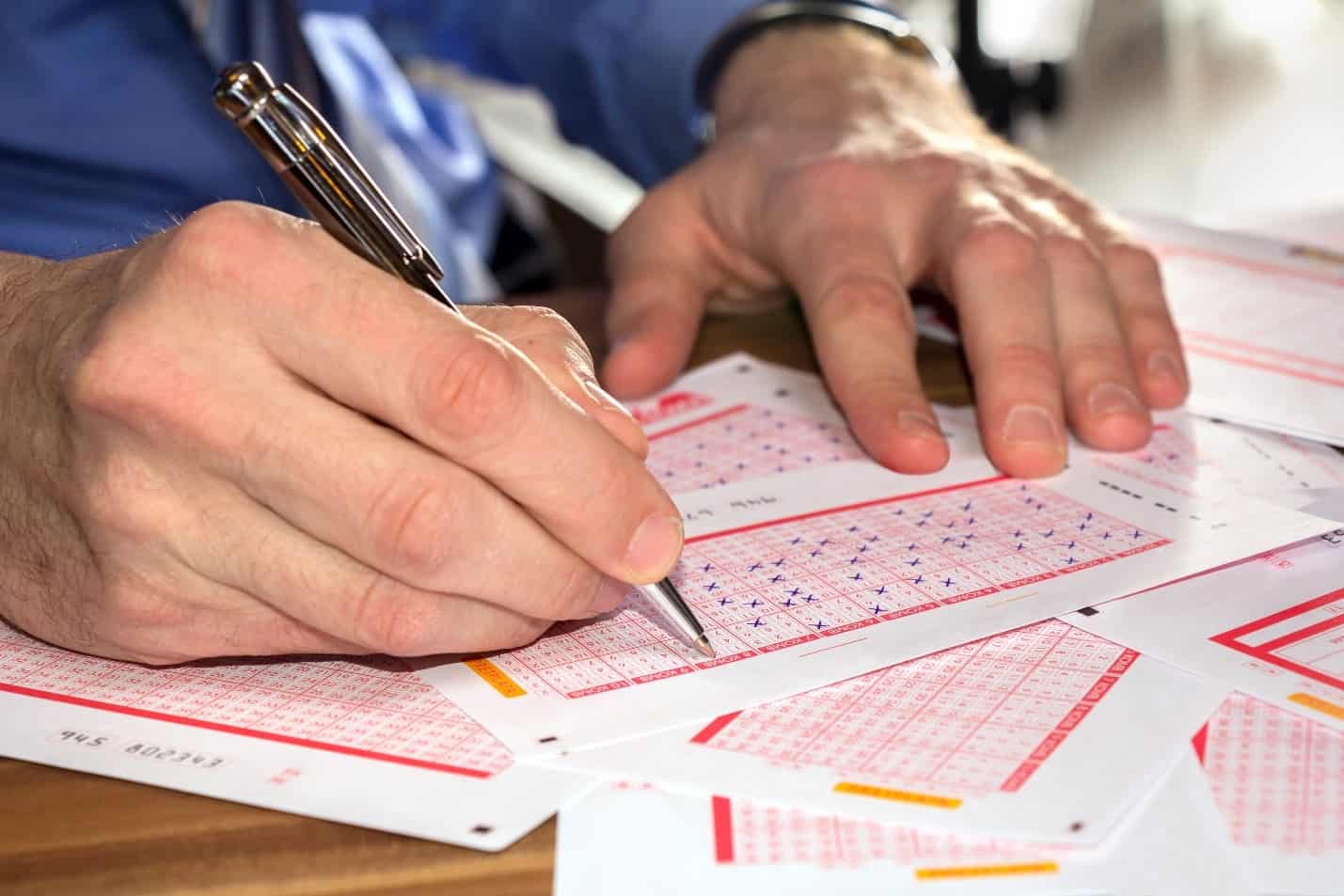Beat Your Denver DUI Charges with Effective Defense Strategies
July 17, 2024

Could a Denver Theft Arrest Lead to Drug Charges Too?
Colorado Arson Charges: Understanding What the Different Degrees Mean
Undoubtedly you have heard of both fraud and forgery, and you probably know that both are illegal acts punishable by the laws of Colorado. You might not realize, though, that forgery is actually a specific type of fraud. Or that there are six different laws in our state statutes related to the act of forgery.
This is important to understand, because most people’s understanding of what forgery is only encompasses some of these charges. You need to know what the laws are both so you can avoid unknowingly engaging in criminal behavior and so you realize what you’re up against if you find yourself charged with one of them.
Below we’ll detail our state’s forgery laws, including what constitutes a charge and the potential consequences.
Before we dive into the specific crimes related to forgery, it is important to understand what the basic act entails. Colorado law states:
“A person commits forgery, if, with intent to defraud, such person falsely makes, completes, alters, or utters a written instrument…”
The law then goes on to describe types of written instruments, but that gets us into how the crimes break down below. The important part to know is that forgery means falsifying a written instrument with the intent to defraud.
Forgery in the First Degree
First degree forgery involves falsifying:
“(a) Part of an issue of money, stamps, securities, or other valuable instruments issued by a government or government agency; or
(b) Part of an issue of stock, bonds, or other instruments representing interests in or claims against a corporate or other organization or its property; or
(c) A deed, will, codicil, contract, assignment, commercial instrument, promissory note, check, or other instrument which does or may evidence, create, transfer, terminate, or otherwise affect a legal right, interest, obligation, or status; or
(d) A public record or an instrument filed or required by law to be filed or legally fileable in or with a public office or public servant; or
(e) A written instrument officially issued or created by a public office, public servant, or government agency; or
(f) Part of an issue of tokens, transfers, certificates, or other articles manufactured and designed for use in transportation fees upon public conveyances, or as symbols of value usable in place of money for the purchase of property or services available to the public for compensation; or

(h) A document-making implement that may be used or is used in the production of a false identification document or in the production of another document-making implement to produce false identification documents.”
Forgery in the Second Degree
Second degree forgery is falsifying any written instrument not mentioned as a first degree forgery.
Use of a Forged Academic Record
It is illegal to falsify a high school or college academic record with the intent to use that record to apply to a job, scholarship, or school. Colorado has a specific statute for this act, § 18-5-104.5.
Possession of a First Degree Forged Instrument
It is not only a crime to create a forgery, but also to knowingly possess one. This law covers the types of written instruments listed under Forgery in the First Degree.
Possession of a Second Degree Forged Instrument
If you knowingly possess any forged written instrument not listed under Forgery in the First Degree, you can be charged with this crime.
Possession of Forgery Devices
Possessing any tools or equipment that can be used to commit forgery and intending to use them for such purposes can result in this charge. It is also illegal to possess these tools if you know that someone else intends to use them to create forgeries.
The actual charges and penalties you face will largely depend upon which of these offenses you are accused of committing, and range from class 2 misdemeanors to class 5 felonies.
Here is how charges and consequences break down:
Class 2 Misdemeanor
Possession of most forged documents will be charged as a class 2 misdemeanor, which comes with the possibility of 3 to 12 months in jail and/or a fine of between $250 and $1,000.
Class 1 Misdemeanor
If you are accused of forging an academic record or second degree forgery, you will be charged with a class 1 misdemeanor, which comes with the possibility of 6 to 18 of jail time and/or a fine of between $500 and $5,000.
Class 6 Felony
Possession a forgery device is a class 6 felony. So is possessing public records or financial or legal documents that have been forged. This charge carries the possibility of one year to 18 months of prison time as well as a fine of between $1,000 and $100,000.
Forging any of the written instruments covered under first degree forgery will net you a class 5 felony charge, which comes with the possibility of 1-3 years of prison time and $1,000-$100,000 in fines.
As you can see, Colorado takes all acts associated with forgery quite seriously. If you find yourself charged, the best way to protect your rights and your future is to work with a knowledgeable white collar crimes attorney to craft the strongest possible defense.
Get in touch with our office today to give yourself the best chance as a positive outcome.
About the Author:
Denver-based criminal defense and DUI attorney Jacob E. Martinez is a knowledgeable and experienced litigator with a record of success providing innovative solutions to clients facing criminal charges of any severity. Mr. Martinez has been designated a Top 100 Trial Lawyer by the National Trial Lawyers and has been awarded both the Avvo Client’s Choice Award and Avvo Top Attorney designation, evidencing his reputation for his exemplary criminal and DUI defense work and high moral standards.